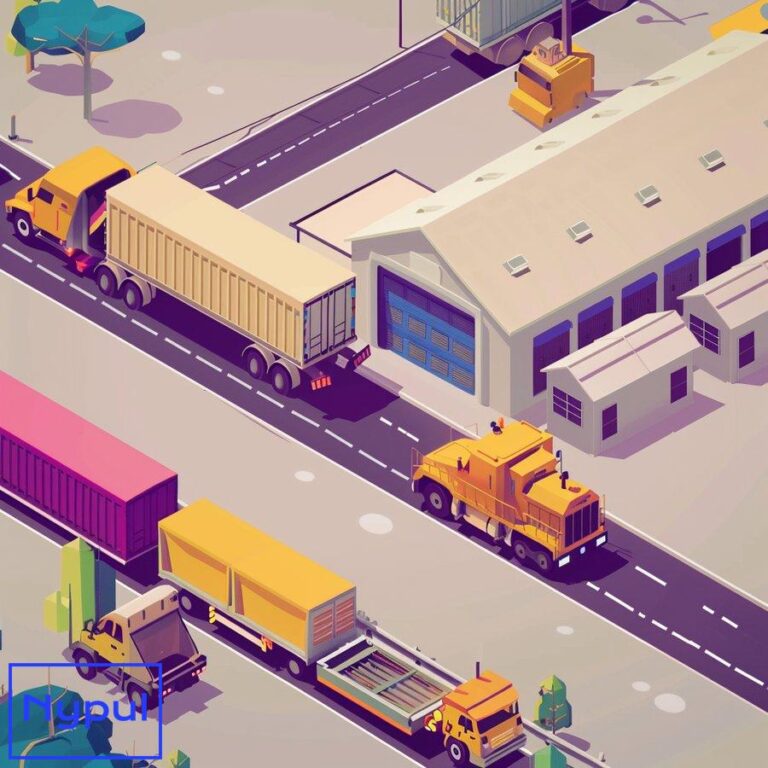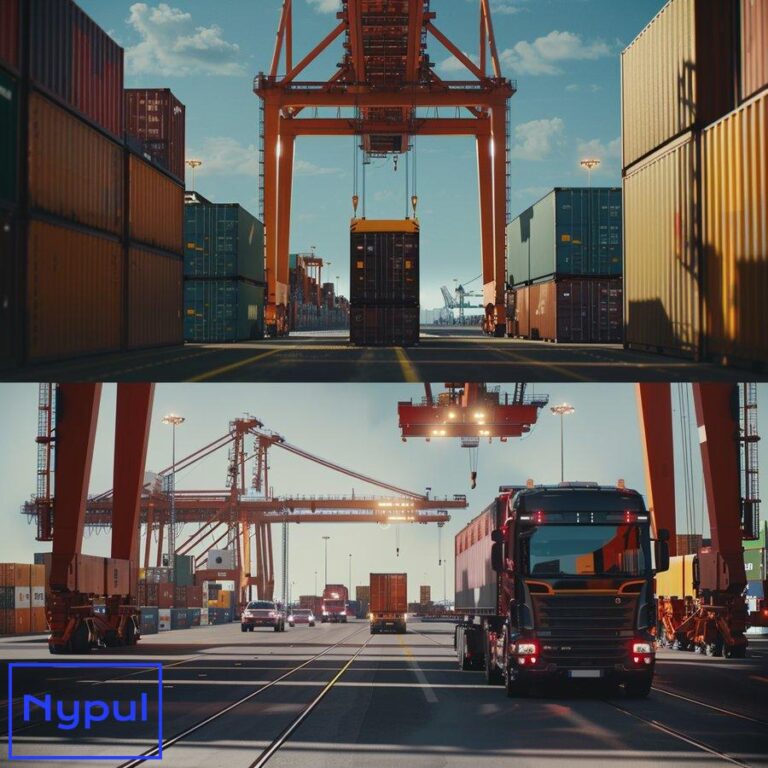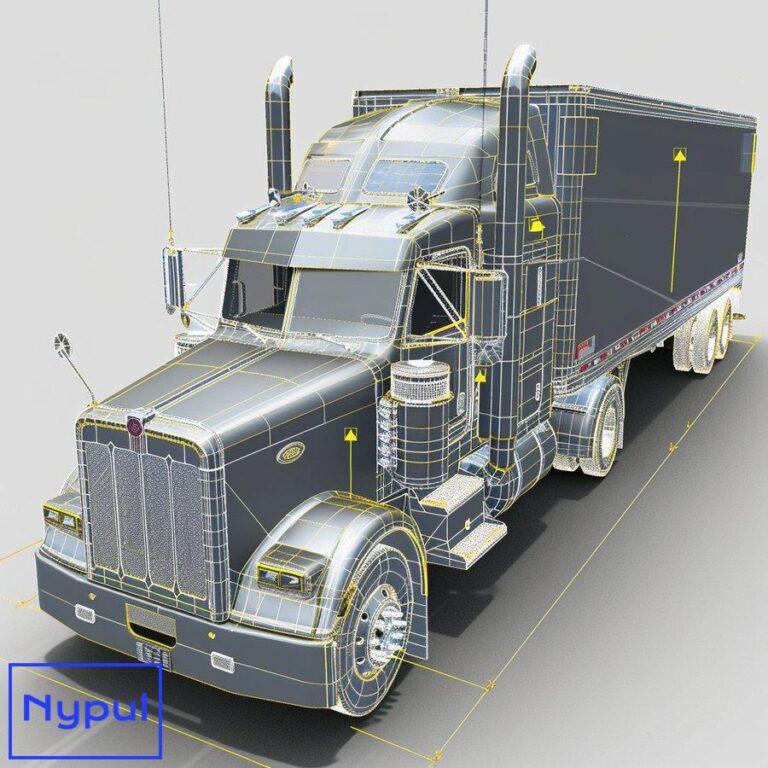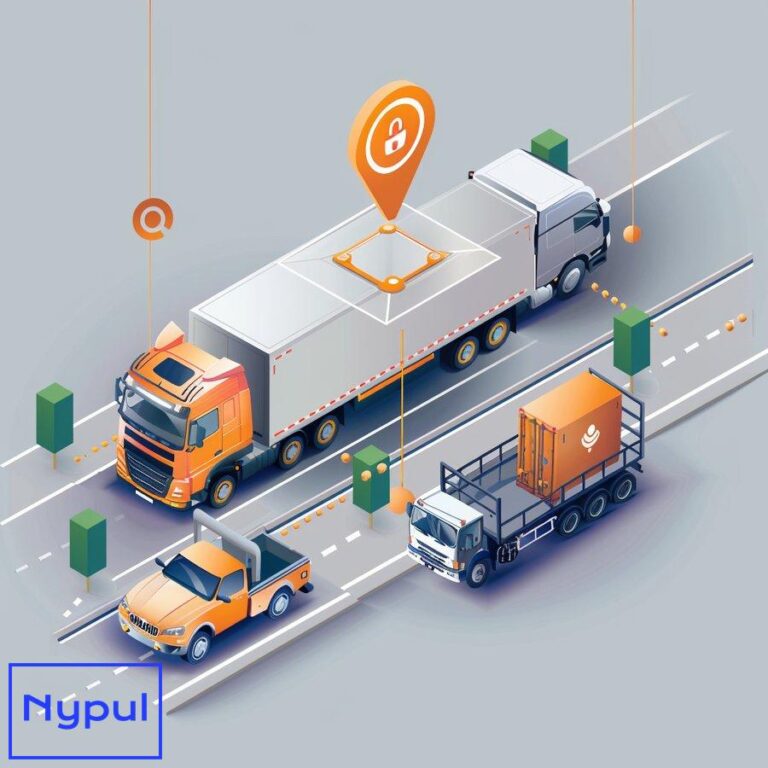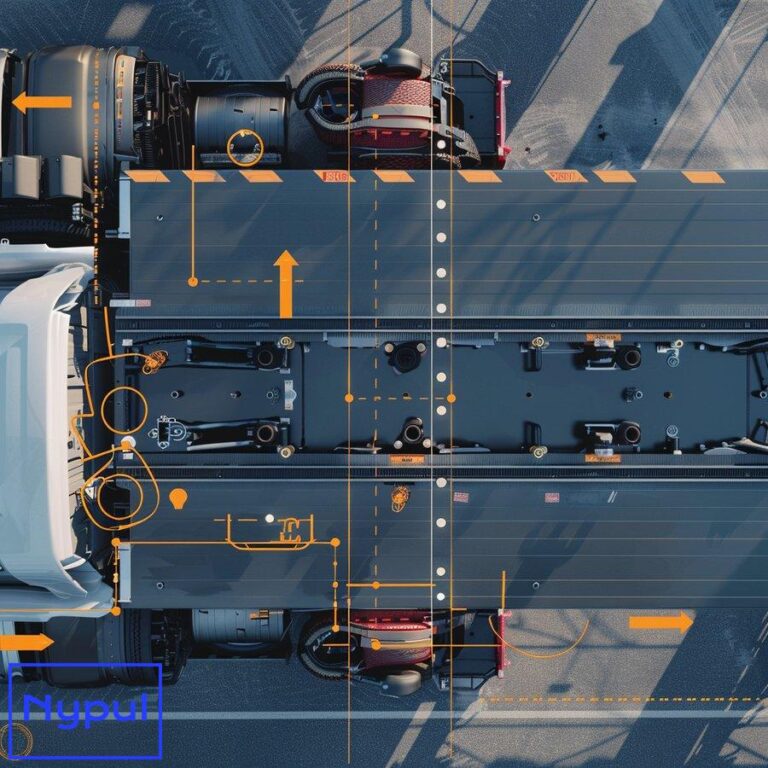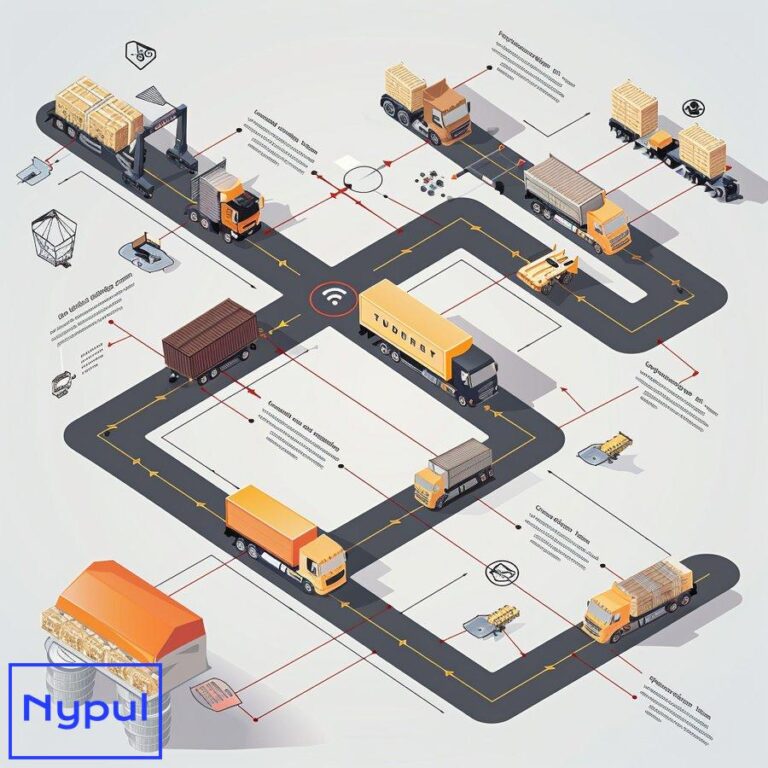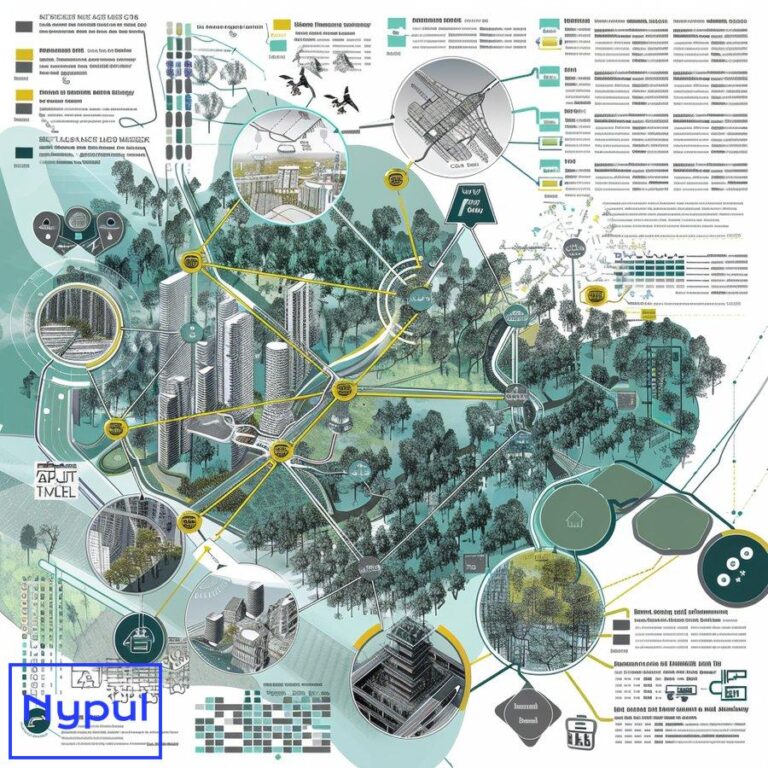What Do You Need to Know About Drayage
Understanding drayage is essential for anyone involved in logistics and supply chain management. This article will explore the multifaceted world of drayage, covering its role in the broader supply chain, key players involved, cost factors, regulatory environment, technological advancements, challenges faced by providers, and guidance for selecting the right drayage partner. How does drayage fit…
